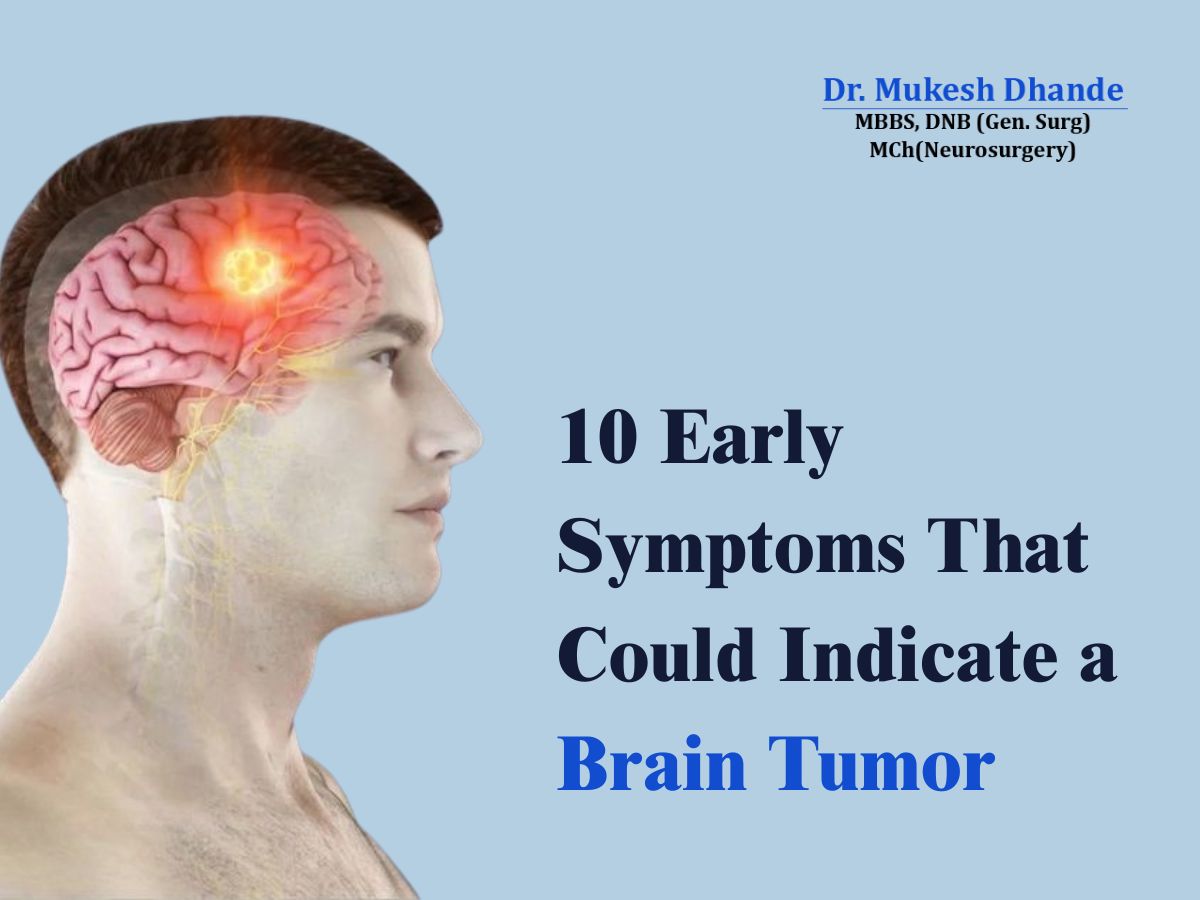Migraine vs. Normal Headache: What You Need to Know
Migraine vs. Normal Headache: What You Need to Know
Headaches are one of the most common health complaints worldwide, but not all headaches are the same. While many people experience the occasional headache, migraines are a more intense and often debilitating condition. Understanding the difference between a normal headache and a migraine can help you get the right treatment and prevent future episodes.
If you’re in or around Nashik and are struggling with frequent headaches or migraines, consulting a Migraine/Headache Specialist in Nashik can provide the expert care you need. Neurospine Clinic Nashik offers specialized services for neurological and spine-related conditions, including advanced treatment for migraines.
What Is a Normal Headache?
A typical headache, commonly known as a tension-type headache, usually causes mild to moderate discomfort and is not considered severe.It feels like a constant pressure or tightness around the head, often described as a “band-like” pain. These headaches are commonly triggered by stress, lack of sleep, poor posture, or dehydration.
Common symptoms of a normal headache:
- Dull, aching pai
- Tight or heavy sensation experienced in the front or rear part of the head.
- No sensitivity to light or soun
- Usually short-lived and manageable with over-the-counter painkillers
What Is a Migraine?
A migraine is a brain-related condition that causes strong, pounding pain, usually felt on one side of the head. Migraines can last for hours or even days and may come with warning signs called “auras.”
Symptoms of a migraine:
- Throbbing or pulsating pain (often on one side)
- Nausea or vomiting
- Sensitivity to light, sound, and smell.
- Visual disturbances (flashing lights or blind spots)
- Dizziness or fatigue
Migraines can be triggered by hormonal changes, certain foods, weather changes, lack of sleep, or stress.
Key Differences Between Migraine and Normal Headache
| Feature | Normal Headache | Migraine |
| Pain Type | Dull, pressure-like | Throbbing, pulsating |
| Pain Location | Both sides or full head | Usually one side |
| Intensity | Mild to moderate | Moderate to severe |
| Duration | Few hours | Several hours to days |
| Associated Symptoms | Rare | Common: nausea, aura, sensitivity |
| Impact on Daily Life | Low | High – may require bed rest |
When Is It Time to Consult a Migraine or Headache Specialist?
If you are experiencing:
- Headaches more than 15 days a month
- Severe headaches that interfere with daily activities
- Migraine symptoms like aura or nausea
- Overuse of pain medication
- New or sudden-onset headaches
It’s time to consult a Migraine/Headache Specialist in Nashik. At Neurospine Clinic Nashik, experienced neurologists provide personalized diagnosis, preventive strategies, and the latest treatment options to help you regain control of your life.
Tips to Manage and Prevent Headaches and Migraines
- Stay hydrated: Dehydration is a common headache trigger.
- Maintain a sleep schedule: Poor sleep can lead to tension headaches and migraines.
- Limit screen time: Eyestrain can contribute to headaches.
- Steer clear of potential food triggers : caffeine, chocolate, aged cheeses, and heavily processed items, as they can provoke migraine attacks.
- Focus on lowering stress levels through healthy coping techniques: Consider incorporating activities like mindfulness meditation, gentle yoga, or controlled breathing techniques to help relax your mind and body.
- Track your symptoms: Keeping a record of your headaches can help you pinpoint triggers and detect patterns over time.
FAQs: Migraine vs. Normal Headache
Q1. What are the signs that my headache might be a migraine?
If your headache comes with nausea, light sensitivity, or visual disturbances, and is severe or one-sided, it’s likely a migraine. A normal headache is usually milder and lacks these symptoms.
Q2. Are migraines dangerous?
While migraines aren’t typically life-threatening, they can severely impact your quality of life and may be linked to stroke in rare cases. It’s important to seek professional evaluation.
Q3. Can children get migraines?
Yes, children can experience migraines. They may appear as stomach aches or irritability in younger children.
Q4. Is there a permanent cure for migraines?
There is no one-size-fits-all cure, but with the right diagnosis and lifestyle changes, migraines can be effectively managed and reduced in frequency.
Q5. Where can I find a trusted Migraine/Headache Specialist in Nashik?
You can visit Neurospine Clinic Nashik, where a team of expert neurologists provides comprehensive care for headache and migraine disorders.
Conclusion
Understanding the difference between a normal headache and a migraine is the first step toward effective treatment. Don’t let headaches disrupt your life—consult a trusted Migraine/Headache Specialist in Nashik today. With the right guidance and care, you can take back control of your health and well-being.
For expert evaluation and treatment, visit Neurospine Clinic Nashik.



